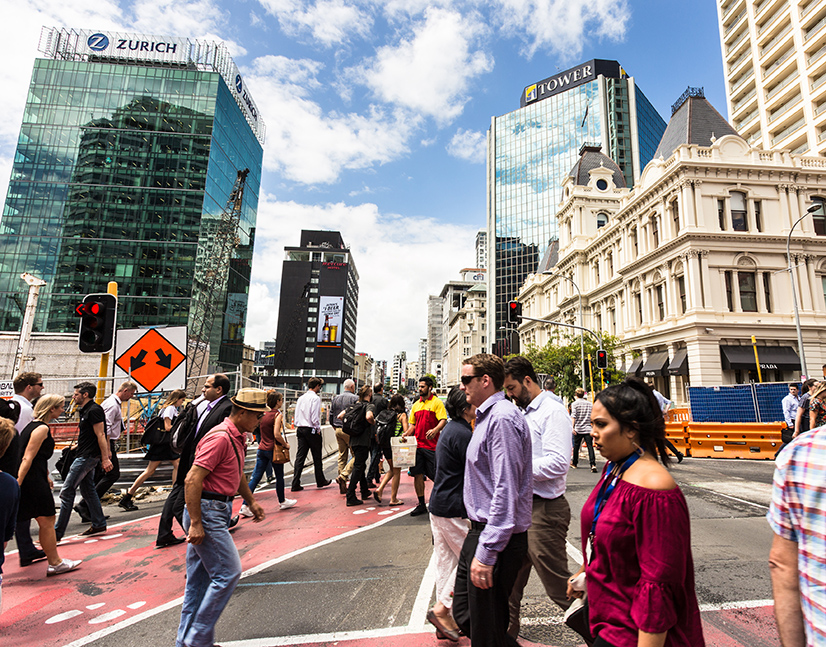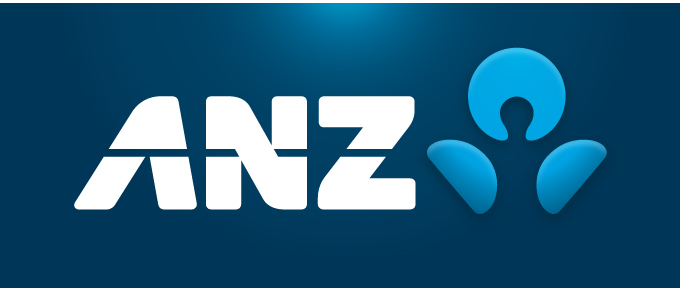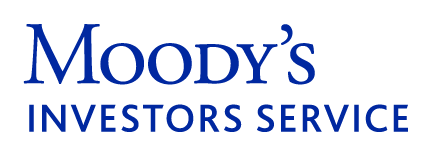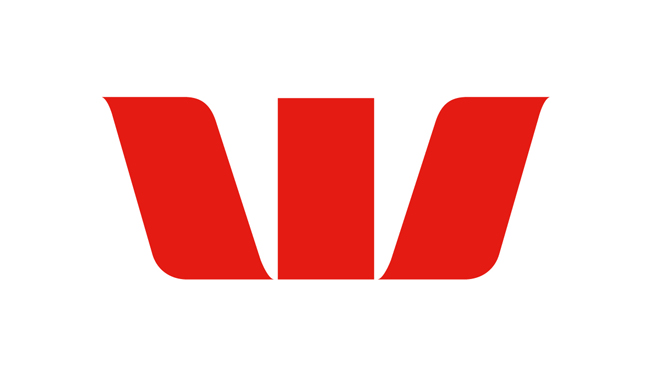
The COVID Diaries: investor 4
The following interview is with an Australian-based speciality debt investor. It was conducted on 24 April 2020.
Do you feel you have adapted to working from home and how close are you to business as usual – personally and in the sense of market functionality?
Everyone is trying to figure out how to manage through the crisis rather than how to grow. In the context of a role that involves identifying new businesses, I am trying to identify what new business really means in this environment. I’m looking for things that will be helpful and meaningful to the company and its customers, as well as companies that will be willing to talk to us at the moment given the distractions they are dealing with.
It is definitely not normal or business as usual, but it is interesting. If large conferences are not possible for an indefinite period, and we are to keep finding new business, there will be benefits for whoever finds a new means of networking. I think that will continue to be the case even after we can gather at conferences again.
Whenever our venture capital team goes to the US, they drive through Silicon Valley. Even there, everyone typically meets face-to-face rather than virtually – even the most innovative people are affected. Telephone calls and conferences can go some way but meeting in person embeds a relationship.
It seems to be the case that a lot of existing market practises can continue but anything innovative is hard. We are seeing this in the sustainable debt market, for instance – we get the sense some businesses have just parked anything other than vanilla funding for the time being.
“If large conferences are not possible for an indefinite period, and we are to keep finding new business, there will be benefits for whoever finds a new means of networking. I think that will continue to be the case even after we can gather at conferences again.”
Has your view of the crisis and the nature of the challenges it presents changed? It seems Australia has prioritised public health over the economy, at least in the medium term. How are you thinking about that trade off?
No matter what solutions are put in place, we do not know what will really work or whether there will be a second wave or third wave [of the virus]. The government has tried to tackle the health problem, and this is the right path to take. Looking at the US and parts of Europe, where they tried to keep the economy open, they have lost the health battle and are now losing the financial battle too.
At least we are only dealing with the health battle now and the government has some grasp over the financial consequences. In the US, some people are panicking about the health system not being able to cope as well as about being out of a job.
As to what the path out looks like, we are fortunate that there are some countries in Asia ahead of us. We can look at what they are doing right now, what works and what does not. Australia is in a good position, particularly with the government and opposition working together to try to stabilise the economy and look after Australia, as opposed to the US where there is infighting.
Are you more or less optimistic about the crisis than you were during the early acceleration period of moving to home working and adding social distancing measures?
How do you think things will be different when we get back to normal? What changes can you see to work practices, social changes and the economy?
I am hopeful that corporate relationships can become more personable and this will make it easier to do business with more trust and transparency.
I think more companies will allow staff to work from home. They have had to put the IT systems in place now and there is evidence that it works. People generally do not need to be micromanaged to get results.
Hopefully, there will also be more online conferences. Sometimes you can’t take half a day to go to a conference but if you can jump on and off from your computer it will make it much more accessible and the reach could become much more powerful.
We have been asking people what they have been reading relating to the crisis but we think everyone has seen enough by this stage. So what are your entertainment recommendations for lockdown?
I also recommend Egg of the Universe yoga. I find it is good for strengthening and stretching which is good when you are sitting all day as I am currently doing.
KangaNews is your source for the latest on the COVID-19 pandemic’s impact on Australasian debt capital markets. For complete coverage, click here.














